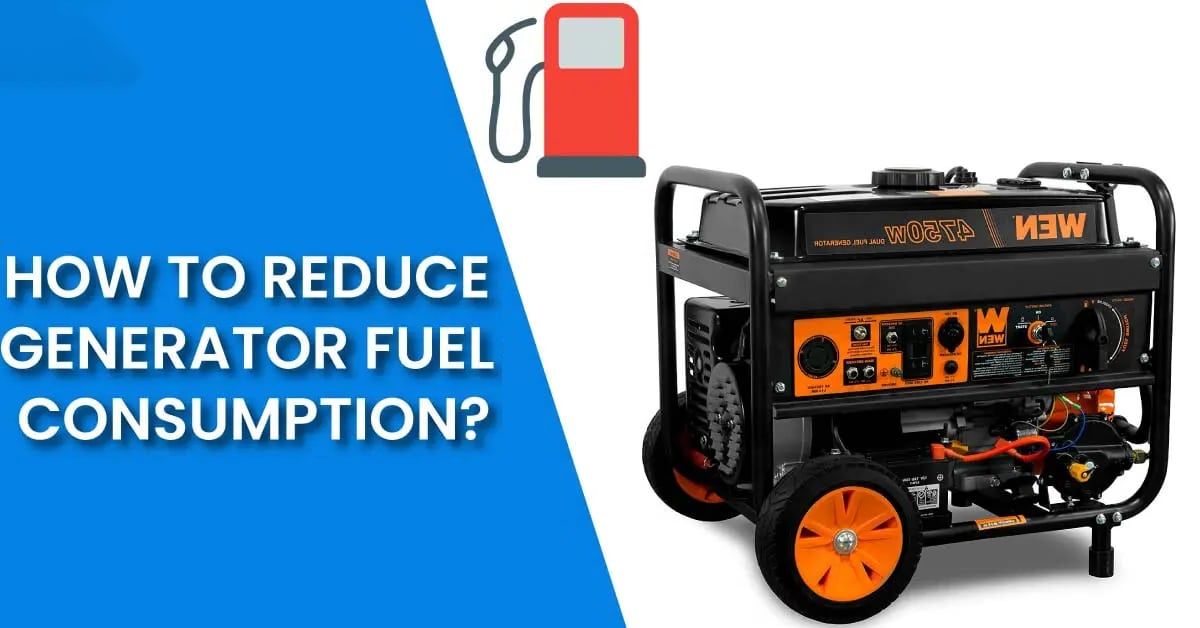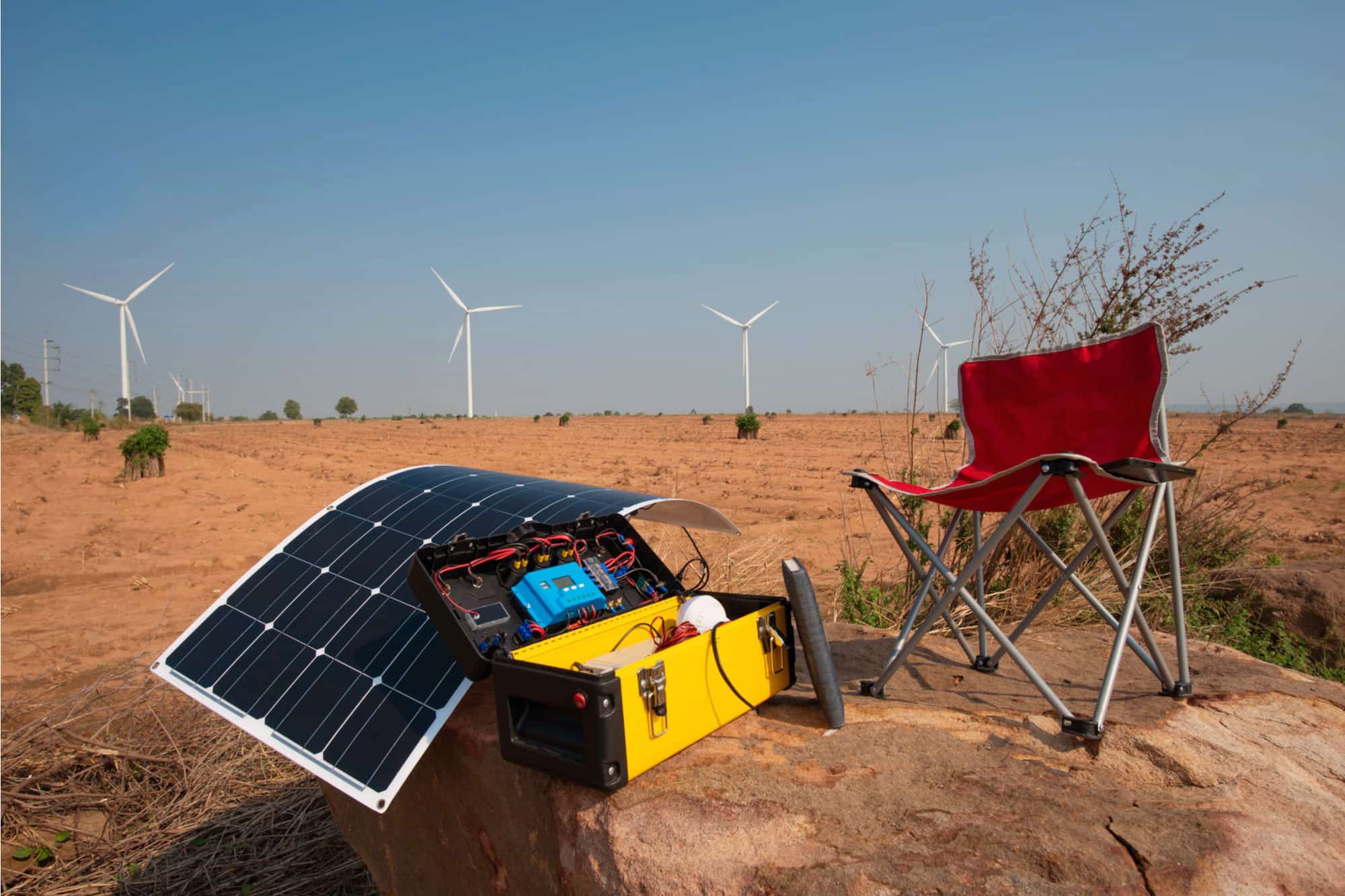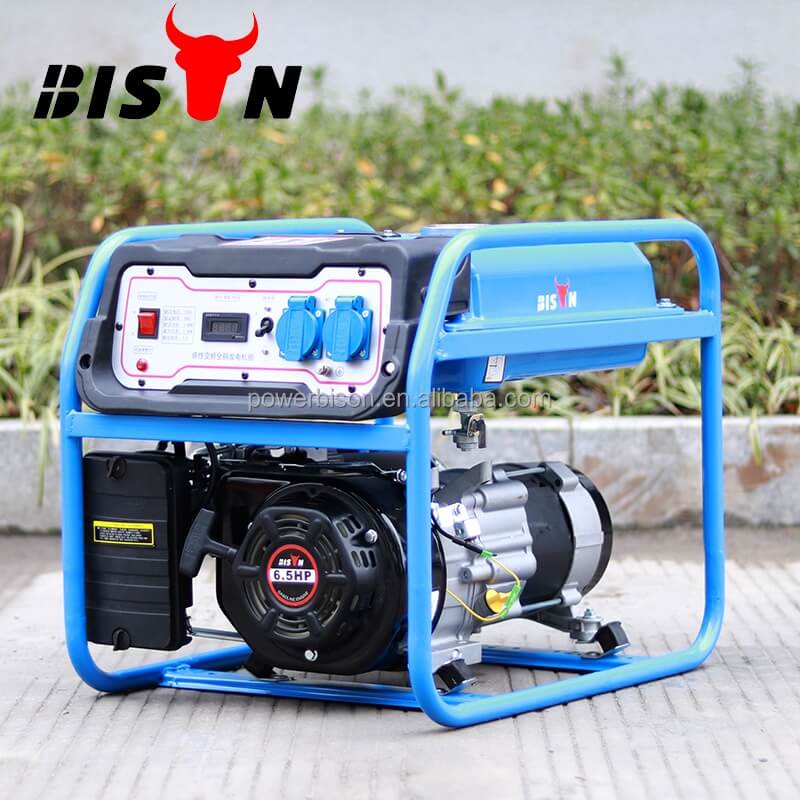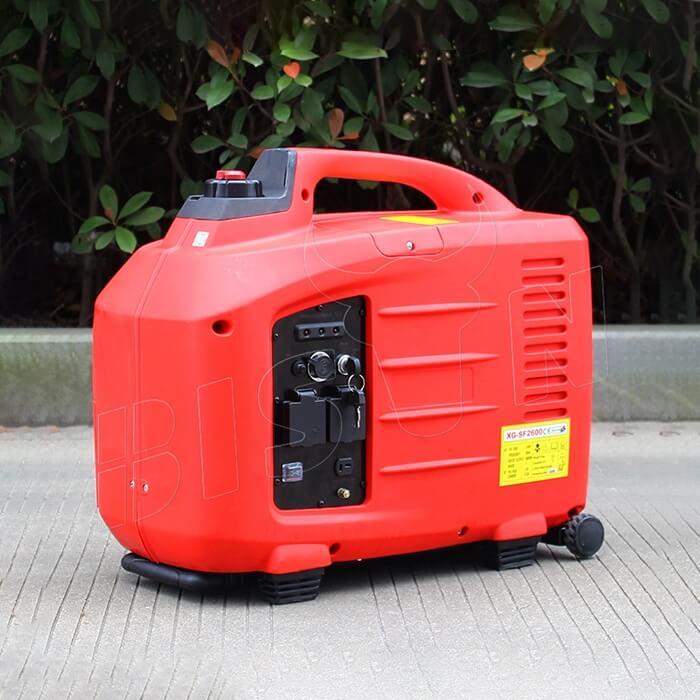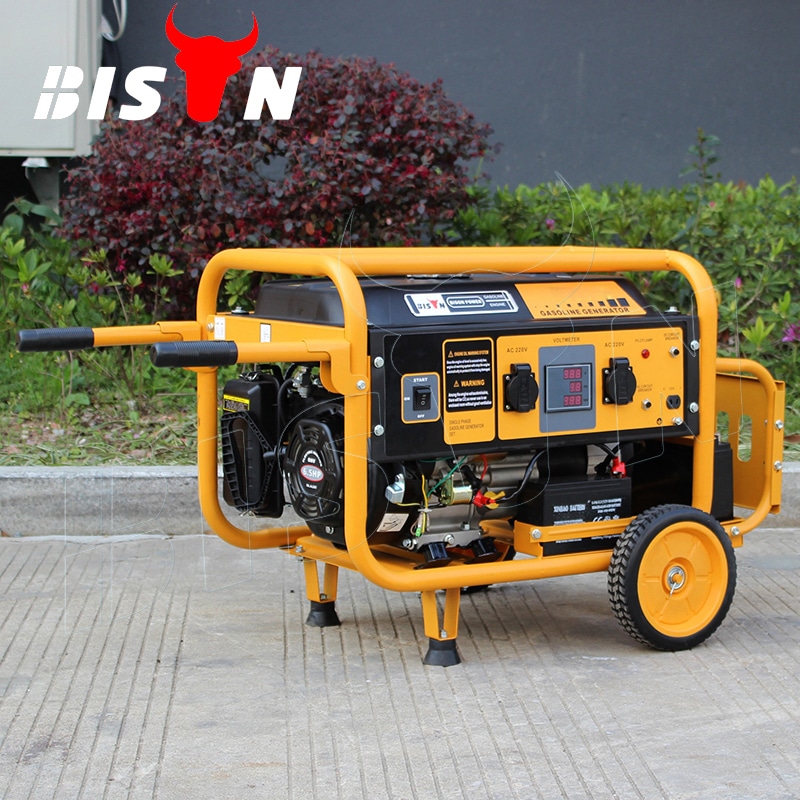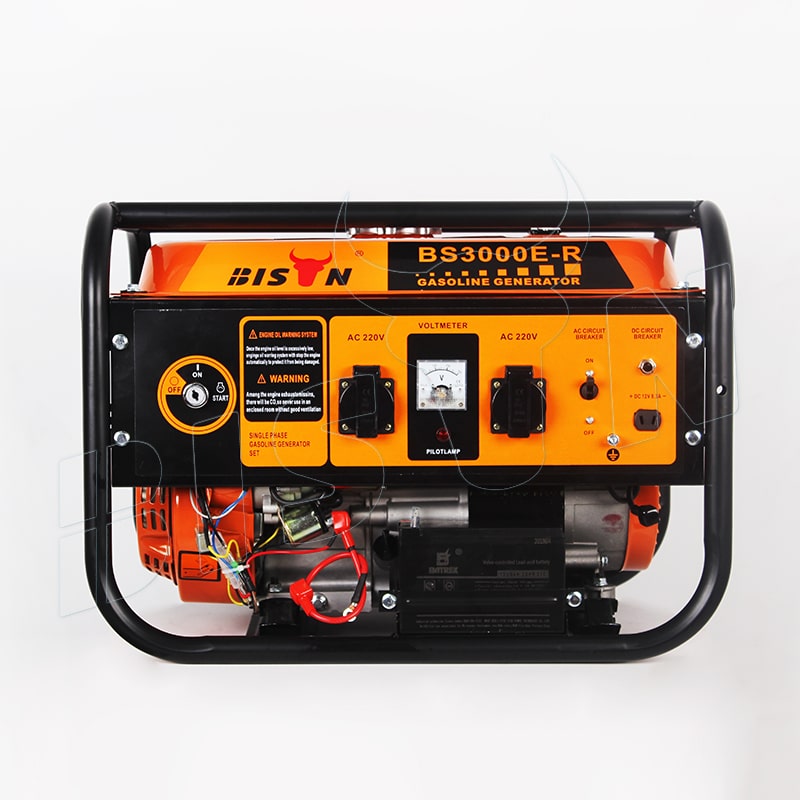What is the difference between KW and KVA?
- February 17, 2023

The amount of ‘real power’ in an electrical system is measured in kW. This demonstrates how much power is turned into useful, working output.
KVA, on the other hand, is a unit of measurement for ‘apparent’ power. If kW is the maximum amount of electricity you can work with, kVA is the total amount of power consumed in the system.
If an electrical system’s efficiency is ideal, then kW equals kVA. However, because no system is perfectly efficient, not all visible power is turned into useful output.

What are the 4 differences between KW and KVA?
What is the difference between kW vs kVA in generators? We’ll go through the various aspects in greater depth below, such as perceived and actual strength.
KVA:
The total amount of power consumed in a system, such as a generator, is read as kVA, or kilo-volt-amperes. KW, or kilowatts, equal kVA when such a system is totally efficient. Electrical systems, on the other hand, are never completely efficient, which means that only a percentage of the perceived power is converted into functioning output. A kVA is equivalent to 1,000 volt amps, where a volt is used to measure electrical pressure and an amp is used to measure electrical current.
KW:
A kW is the actual power output of an electrical system. It is a much more common unit of measurement for the vast majority of other electrical equipment, such as regular household items. A kW, or working power, is the amount of power that can do valid work.

The specific difference between KW and KVA
KW stands for Kilowatts.
- It is the unit of actual electric power.
- It is essentially a measurement of the true power consumed by the load.
- Kilowatts are proportional to the power factor of the load.
- Motors, lighting, and other home equipment are measured in kW.
KVA stands for Kilo-volt amperes.
- In an alternating current (AC) system, the visible power unit is the kVA.
- In kVA, the amount of power that alternators, transformers, and UPS can give to the load that is connected to them is measured.
- KVA is unaffected by load power factor.
- Alternators, transformers, inverters, and UPS units are all measured in kVA.
KW to KVA conversion
To convert kW to kVA, first establish the efficiency of the system (or power factor). The power factor (pf) is a 0-to-1 scale. On average, a generator has a power factor of 0.8.
The calculation formula for converting kW to kVA is kW / pf = kVA. 200 kW / 0.8 pf = 250 kVA, for example.
The following is the calculation formula for converting kVA to kW: kVA x pf = kW, therefore 250 kVA x 0.8 pf = 200 kW.
While having a firm idea of the generator size you require is beneficial, don’t be alarmed if you’re unclear or don’t feel competent converting between kW and kVA yourself.
generator KW and KVA FAQ
How many kW are there in a kVA?
P = I V (voltage)
This indicates that in direct current circuits, 1 kVA equals 1 kW. That is, one kVA equals one thousand watts. The power factor influences the kVA to kW conversion in alternating current (AC) circuits, where it is most commonly utilized (PF).
Which is more important, kW or kVA?
The real power unit is kW, and the apparent power unit is kVA. Because the established and known power factor is an estimate figure (typically 0.8), the kVA value will always be greater than the kW value in kW to kVA conversions.
How much kW does the average house have?
In the United States, the average yearly power consumption for a household utility user was 10,632 kilowatt-hours (kWh), or approximately 886 kWh per month.
What is the maximum kVA capacity of a house?
The KVA of a generator should be sufficient to comfortably power your home; for a typical home, the required KVA should be between 3 and 5 KVA. A generator with this much power could easily power all of your household appliances.
Is 12 kW sufficient to power a house?
Though the 10kW - 12kW home standby generator is unlikely to power your entire home due to its size, it is more than enough to power "the essentials," such as well pumps, appliances.
What are some important factors to consider when KW and KVA explained?
Some of the factors to consider are; KVA to KW conversion, KW vs KVA in generators, KW vs KVA power, KW vs KVA difference, KW vs KVA calculator, KW and KVA units, KW vs KVA in electricity, KW vs KVA formula, KW and KVA conversion chart and KW vs KVA in load calculation.
If you have any enquiries about the BISON generator, we would love to hear from you.

